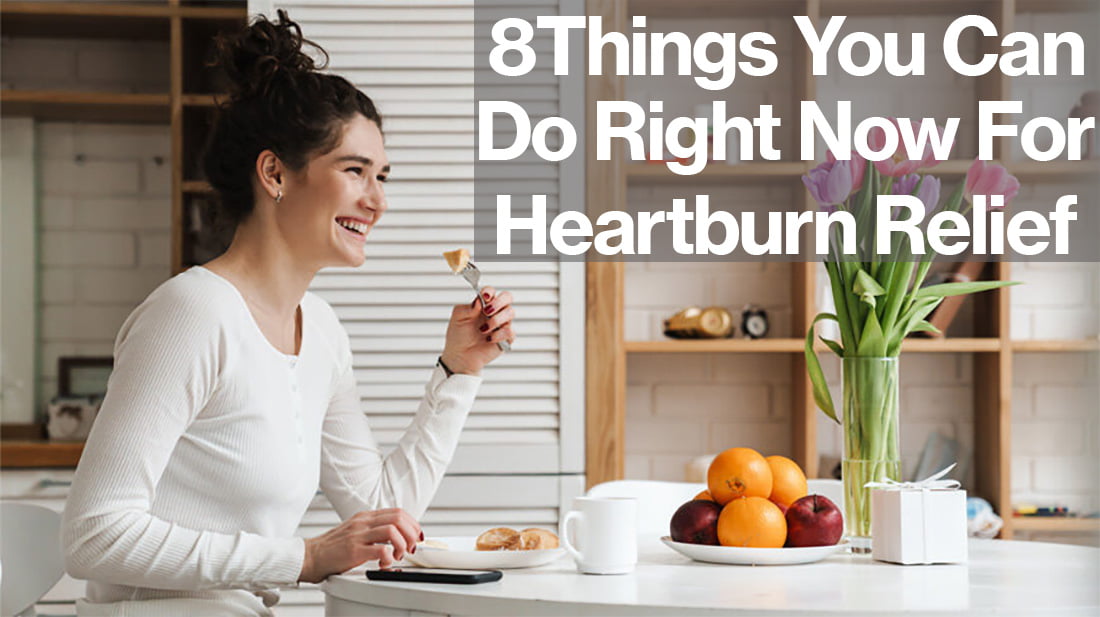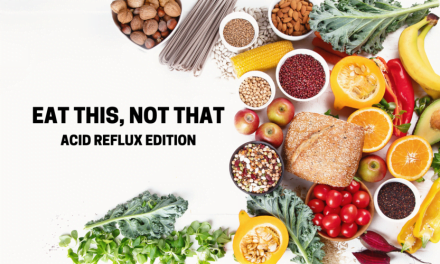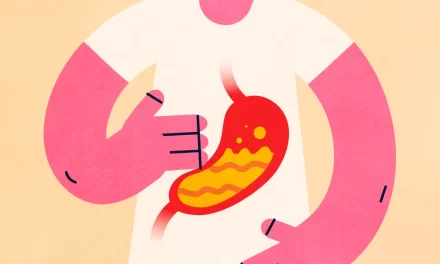Heartburn is an all-too-common condition that many people experience on a daily basis. The burning sensation in your chest, often after eating, can be incredibly uncomfortable. Fortunately, there are effective ways to alleviate heartburn symptoms. Here are five strategies you can implement today to get relief.
Chew Gum
Chewing gum can be an effective way to combat heartburn. The act of chewing stimulates saliva production, which helps neutralize stomach acid and promotes more frequent swallowing. This can help clear acid from the esophagus more quickly.
A study published in the Journal of Dental Research found that “chewing sugar-free gum for 30 minutes after a meal can reduce acid levels in the esophagus” . Opt for sugar-free gum to avoid additional calories and potential tooth decay.
Avoid Lying Down After Meals
After eating, it’s best to stay upright for at least two to three hours. Lying down immediately after a meal can cause stomach acid to flow back into the esophagus, leading to heartburn. If you feel the need to rest, consider sitting in a reclined position instead.
The American College of Gastroenterology (ACG) recommends, “Avoid lying down or going to bed right after eating. This helps keep stomach acid where it belongs – in the stomach” . By giving your body time to digest, you can minimize the risk of reflux.
Elevate the Head of Your Bed
Nighttime heartburn can be particularly troublesome, disrupting your sleep and leaving you feeling fatigued the next day. Elevating the head of your bed by 8 inches can help prevent stomach acid from rising into the esophagus while you sleep. You can do this by getting a relining bed (expensive) or using a wedge pillow.
The National Institute of Diabetes and Digestive and Kidney Diseases (NIDDK) states, “Elevating the head of your bed can reduce the frequency and severity of nighttime heartburn by keeping the head and chest above the level of your stomach” . This simple adjustment can significantly improve sleep quality and reduce nocturnal symptoms.
BestWedgePillow.com have tested several wedge pillows and found the Sleepnitez Wedge Pillow to be head and shoulders above the rest. Right now it is on sale at Sleepnitez.com
Avoid Lying Down After Meals
After eating, it’s best to stay upright for at least two to three hours. Lying down immediately after a meal can cause stomach acid to flow back into the esophagus, leading to heartburn. If you feel the need to rest, consider sitting in a reclined position instead.
The American College of Gastroenterology (ACG) recommends, “Avoid lying down or going to bed right after eating. This helps keep stomach acid where it belongs – in the stomach” . By giving your body time to digest, you can minimize the risk of reflux.
Wear Loose-Fitting Clothes
Tight clothing, especially around the waist, can put extra pressure on your stomach and LES, exacerbating heartburn symptoms. Opting for loose-fitting clothes can alleviate this pressure and help prevent acid reflux.
Dr. Lauren Gerson, a gastroenterologist at Stanford Health Care, notes, “Tight clothing can squeeze the stomach, pushing acid into the esophagus. Wearing looser garments can help reduce this pressure” .
Drink a Glass of Water
Drinking a glass of water can help dilute stomach acid and wash it down into the stomach, providing temporary relief from heartburn. It’s a simple and effective method that can be used anytime you feel symptoms coming on.
According to the Cleveland Clinic, “Sipping water can help clear acid from the esophagus and dilute stomach contents, reducing the sensation of heartburn” .
Use Over-the-Counter Antacids
For immediate relief, over-the-counter antacids can neutralize stomach acid and provide quick symptom relief. They come in various forms, including chewable tablets and liquids.
The American Gastroenterological Association (AGA) suggests, “Antacids are a fast-acting option for occasional heartburn relief. They neutralize existing stomach acid and can provide quick relief”.
Adjust Your Diet
One of the most immediate ways to relieve heartburn is by adjusting your diet. Certain foods and beverages are known to trigger heartburn by relaxing the lower esophageal sphincter (LES) or increasing stomach acid production. Common culprits include spicy foods, citrus fruits, tomatoes, onions, chocolate, coffee, alcohol, and carbonated beverages.
Dr. Michael F. Picco, a gastroenterologist at the Mayo Clinic, advises, “Avoiding foods and drinks that trigger reflux can help alleviate symptoms. Smaller, more frequent meals can also prevent the stomach from becoming too full and pushing acid into the esophagus” .
Heartburn can be a disruptive and uncomfortable condition, but with these five strategies, relief is within reach. By adjusting your diet, elevating the head of your bed, maintaining a healthy weight, avoiding lying down after meals, and chewing gum, you can effectively manage and reduce heartburn symptoms. Implement these changes today and experience the difference they can make in your daily comfort and overall health.
Sources
- Mayo Clinic. (n.d.). Heartburn and GERD.
- National Institute of Diabetes and Digestive and Kidney Diseases. (n.d.). Gastroesophageal Reflux (GER) and Gastroesophageal Reflux Disease (GERD) in Adults.
- Koufman, J. (n.d.). Dropping Acid: The Reflux Diet Cookbook & Cure.
- American College of Gastroenterology. (n.d.). Acid Reflux.
- Journal of Dental Research. (n.d.). Chewing Gum and Reflux.
- Stanford Health Care. (n.d.). Gastroenterology and Hepatology.
- Cleveland Clinic. (n.d.). Heartburn & Gastroesophageal Reflux Disease (GERD).
- American Gastroenterological Association. (n.d.). Understanding GERD and Heartburn.
By incorporating these practical tips into your daily routine, you can take control of your heartburn and enjoy life without the burn. Remember, if symptoms persist, it’s essential to consult with a healthcare professional for a comprehensive evaluation and personalized treatment plan.





